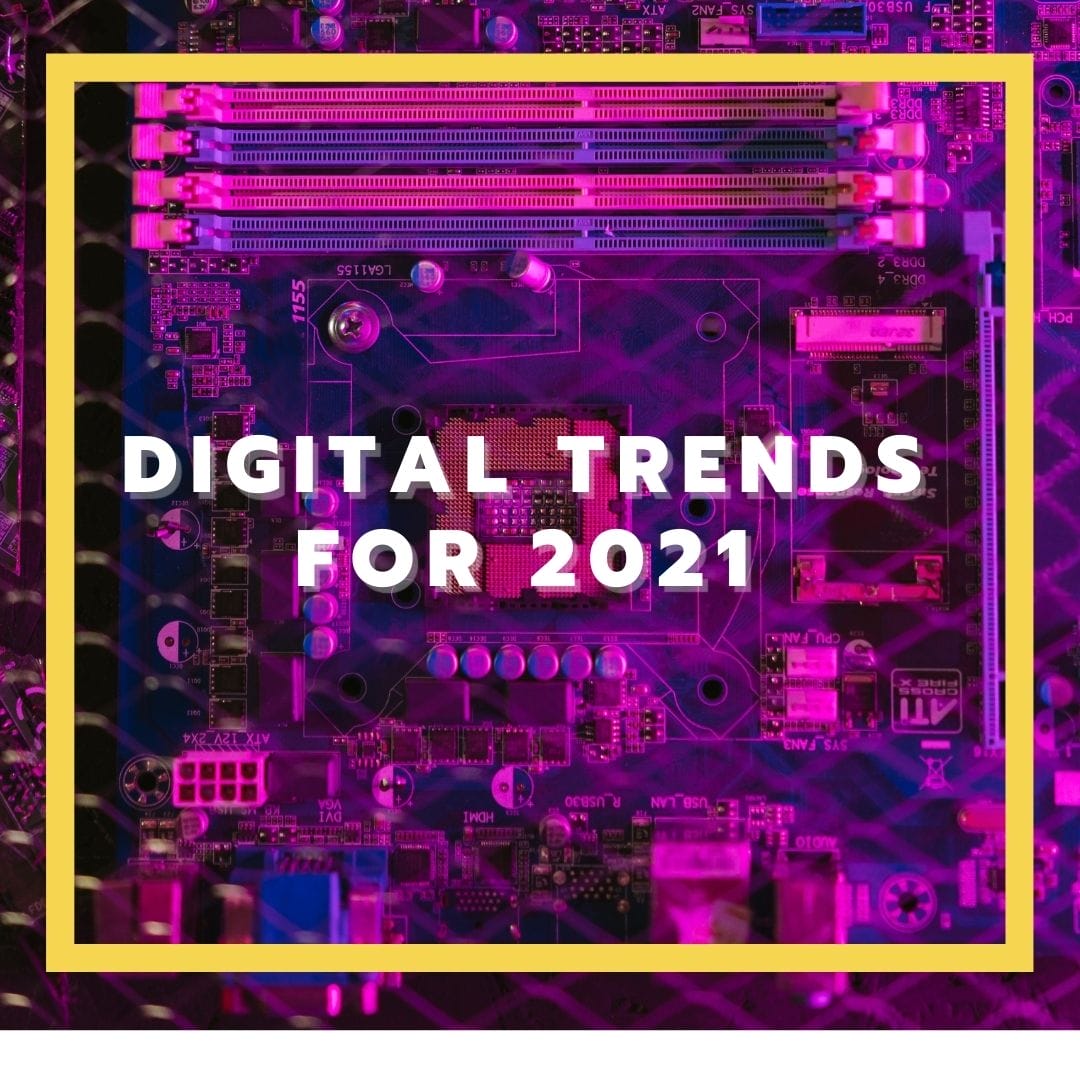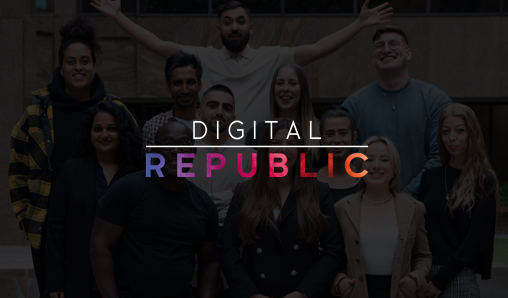
Coronavirus to Spread Digital Healthcare Revolution?
As panic sees Australian strip shop shelves of toilet roll CIOs and technology experts see widespread adoption of digital health methods.
Coronavirus will hasten the digital transformation of healthcare, despite challenging the IT teams within the health service. Leading health technology specialists believe that the worldwide fear of the Coronavirus demands the adoption of digital methods and is changing the behaviour of patients and clinicians alike.
Coronavirus is described by the World Health Organisation (WHO) as a large family of viruses which may cause illness in animals or humans. The most recently discovered coronavirus causes Coronavirus disease COVID-19. This new virus and disease were unknown before the outbreak began in Wuhan, China, in December 2019. Around one out of every six people who get COVID-19 becomes seriously ill and develops difficulty breathing. Older people, and those with underlying medical problems like high blood pressure, heart problems or diabetes, are more likely to develop serious illness.
With flights to Italy being cut, energy trading and stock markets tumbling, the first deaths in Germany, a number in the UK too, panic buying of toilet roll by Australians and the cancellation of sports, business and technology events, including Mobile World Congress, Coronavirus has got the attention of the public and health professionals. Matthew Gould, CEO of NHSX, the UK’s central digital unit for the NHS, told healthcare CIOs and CTOs that the disease was a top priority.
Coronavirus is starting to loom very large and will be the first call on everything we do.
Gould’s peer at NHS Digital, Sarah Wilkinson, a former CIO indicated that Coronavirus will change medical practices to be increasingly digital.
The move to digital methods and behaviours is a good thing because it is pushing people to digital and if this is an accelerator then that is great because at moments like this an organisation finds new ways to push boundaries.
Both Gould and Wilkinson were speaking to health technology peers at the Rewired Health conference where the digitisation of healthcare was the key topic, but across the health sector, there is an increasing awareness that just as the financial crisis of 2008 heralded in greater regulation of banks, this moment in history will reshape how health is provided.
Health leaders are looking to the CIO to solve these challenges for them
Dr Zafar Chaudry, CIO for Seattle Children Hospital in the USA, and a former UK based healthcare CIO, says the USA is already well ahead in the journey towards digital healthcare.
Digital transformation of healthcare is vital. This is where the shift has to come.
NHSX CEO Gould says the digital transformation must be across the entire healthcare landscape and the journey a patient takes during their treatment.
Technology must be integrated into everything from outpatient to productivity and the NHS must think out what it wants to do with technology and the technology must be co-created.
With Coronavirus requiring isolation and some citizens already adopting self-isolation, it is widely expected that patient demand for remote consultations and online health services will increase. NHS Digital CEO Wilkinson told peers that demand on the UK’s 111 and 111 online services was a peak demand as a result of the Coronavirus.
We have practiced for all out service failure – who knew that Brexit would turn out to be useful.
Technology service providers also believe that Coronavirus will lead to the health sector embracing technologies widely seen outside of the ward.
There is an inevitability that there will be a focus on areas like teleworking, but it is dependent on funding.
Andy Wilcox, Senior Product Marketing Manager at Imprivata, a security technology provider with healthcare experience says there is a real desire in healthcare to embrace new ways of working. Wilkinson of NHS Digital said the NHS is already preparing for wider adoption of remote working.
Digitising and automating health
Looking ahead, healthcare technology leaders are hopeful that the sector will embrace digital methods to improve patient care and the operation of its hospitals.
Analytics and RPA can take away administration tasks and we shouldn’t lose the opportunity to look at all the services a trust operates.
Mandy Griffin, CIO for Claderdale and Huddersfield NHS Trust, like her stateside peer Choudy is seeing the benefit of leading technology in a healthcare organisation where the CEO and board understand technology and its value to the patient. Both CIOs sit on the boards of their healthcare organisations, which Choudry says reshapes the role of a health CIO to being focused on helping the organisation move forwards.
Our job is to discover who to partner with for the solutions a hospital provider needs.
But for many health organisations the technology journey has yet to really begin, let alone become digital.
Luke Robinson, Digital Outpatients Programme Director at University Hospital Southampton NHS Foundation Trust says the trust sends one million appointment letters a year through the post. A new partnership with Netcall is allowing the NHS trust to offer email and text messages.
The cost savings, estimated at £150-200k per year, are significant, but much more important is the powerful reporting, which shows us whether a patient has accepted their appointment or not – making it easier to identify which ones are going to attend, and which may need a further reminder. Essentially, being able to offer patients the option of quicker, more convenient digital communications and reduce our costs at the same time is great.”
Inter-operation
Whether in response to a global disease, a technology laggard or digital leader, healthcare technology leaders believe the next phase of digital healthcare will be increased interoperability between the disparate systems health services use. Griffin in Yorkshire says interoperability is the next part of the journey for many healthcare CIOs and informatics leaders as they work to provide patients and clinical workers with a similar level of integrated information and digital services as experienced in retail or financial services.
University Hospital Southampton patients can cancel with a single click, and the hub is fully integrated with our switchboard so patients can request a ‘call-me-back’ at a click of a button, meaning they can reschedule without waiting on hold to our patient services centre.
Andy Wilcox, Senior Product Marketing Manager at Imprivata adds:
Interoperability is hugely important for a unified view of the patient, but there are real challenges for some health organisations with interoperability, as a type one diabetes sufferer I cannot see the four different pools of data about me as a patient in one place.
Wilkinson of NHS Digital describes the current Coronavirus as a fundamentally different demand profile on the healthcare sector and the innocuous way the disease spreads could well turn digital healthcare viral.
Originally posted by
If you found this blog interesting, you might want to read this one too.
Digital analytics, data science, cloud, programmatic or optimisation expert, and looking for a job? Check out our latest live vacancies here
A hiring manager looking to expand your team with top-tier talent? Submit your jobs here




